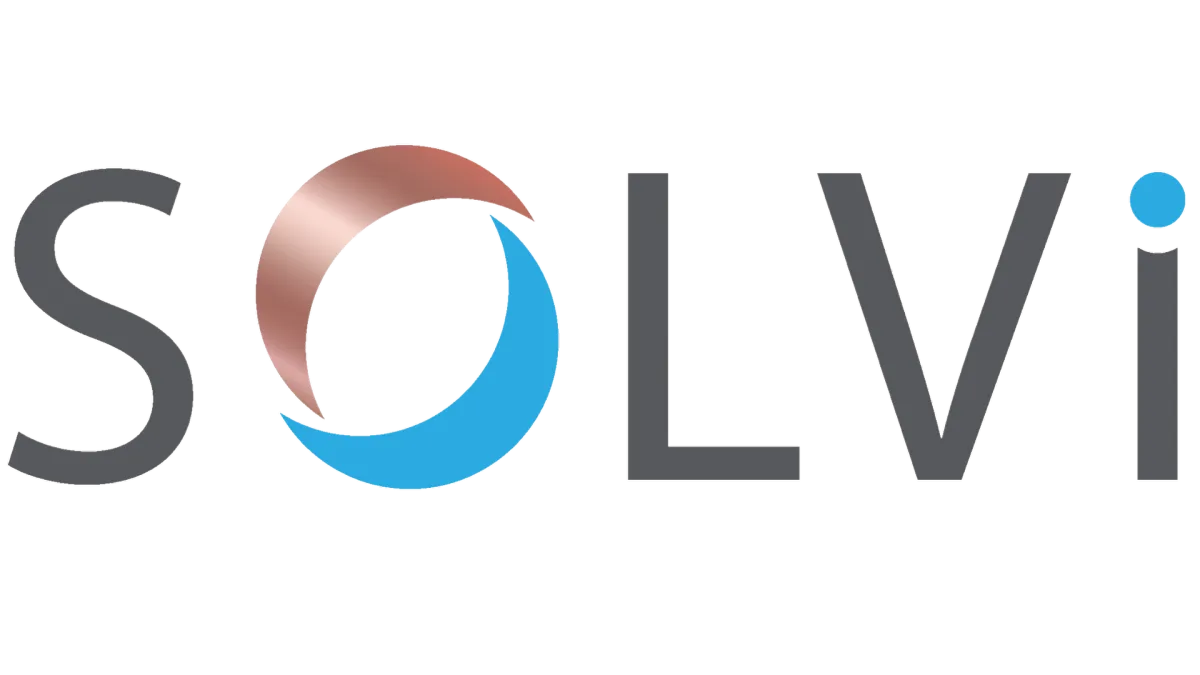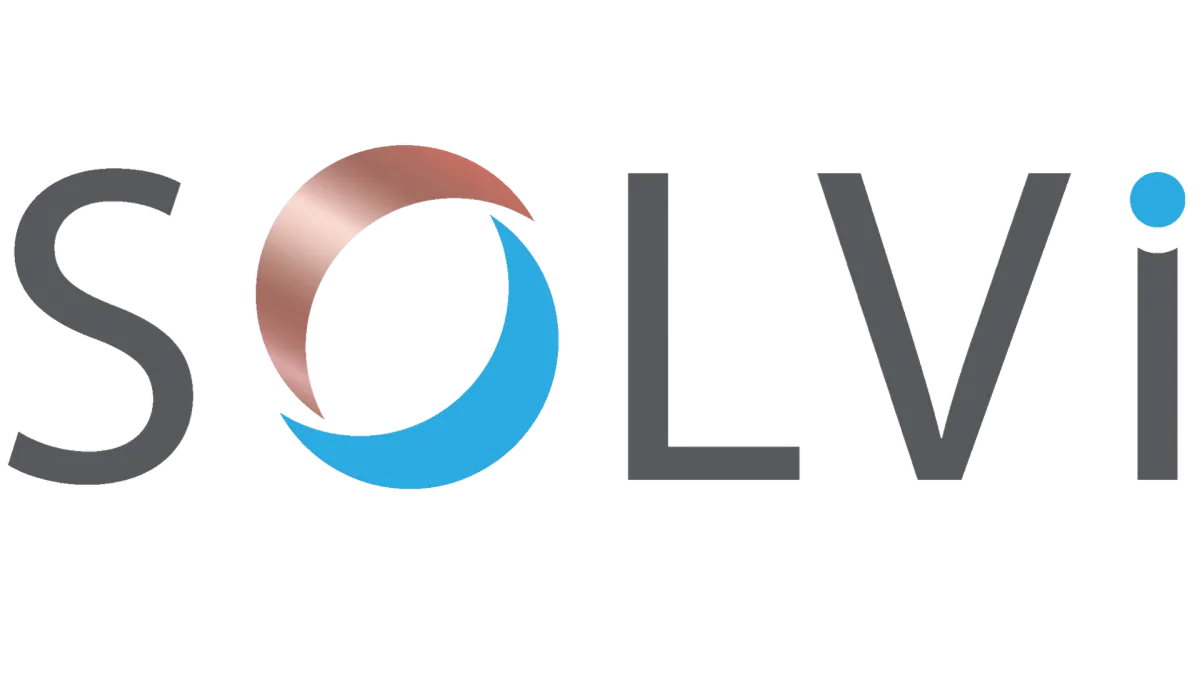
Do I Need ANMAC and AHPRA Registration? Why Both Matter for Nurse Migration
If you’re a registered nurse planning to migrate to Australia, you’ve probably heard two acronyms thrown around: AHPRA and ANMAC.
🔹 AHPRA stands for the Australian Health Practitioner Regulation Agency.
🔹 ANMAC stands for the Australian Nursing and Midwifery Accreditation Council.
They are two completely different organisations—and if you’re planning to work as a nurse and apply for a skilled independent or employer-sponsored visa, you may need registration with AHPRA and a Skills Assessment from ANMAC.
In this blog, we break down:
✅ What AHPRA and ANMAC each do
✅ When and why you need both
✅ The key visa pathways that require each one
✅ How to know which ANMAC assessment applies to you
✅ The updated English language test requirements
🏥 What is AHPRA?
AHPRA is the national regulator for health professionals in Australia. If you want to work as a nurse in Australia—whether in public or private hospitals, aged care, clinics, or community—you must be registered with AHPRA.
AHPRA registration is a mandatory professional requirement. Without AHPRA registration, you cannot work as a nurse, even if you already have a visa.
🧾 What is ANMAC?
The Australian Nursing and Midwifery Accreditation Council (ANMAC) is the skills assessing authority for migration purposes.
If you’re applying for a Skilled Independent visa (subclass 189, 190, 491) or an Employer-Sponsored visa (subclass 482, 494, 186), you will need a positive Skills Assessment from ANMAC under one of these pathways:
🔹 Full Skills Assessment
🔹 Modified Skills Assessment
🧠 Why Do I Need Both?
If you want to:
Work in Australia as a nurse, and
Apply for a skilled independent or employer-sponsored visa.
… then you’ll always need both:
AHPRA registration (to be employed as a nurse)
ANMAC Skills Assessment (to meet migration requirements as a nurse).
There is no exemption for nurses who studied or worked in English-speaking countries.
🔍 Full vs Modified ANMAC Skills Assessment
Which ANMAC pathway applies to you depends on your registration, qualification, and English test scores.
✅ Full Skills Assessment
To be eligible, you must:
To qualify for a Full Skills Assessment (nursing), you need to:
hold a relevant nursing qualification
be currently or previously registered as a nurse in Canada (B.C. or Ontario), Hong Kong, Ireland, Singapore, Spain, the United Kingdom, or the United States.
If your qualification is not a Bachelor of Nursing from Canada, Hong Kong, Ireland, the United Kingdom or the United States, you must have:
completed a qualification that led to general nursing registration after 1 January 2017
successfully completed a regulatory examination process in Canada, Ireland, Singapore, Spain, the United Kingdom or the United States (where applicable), and
completed a minimum of 1,800 hours of paid registered nurse work experience since 1 January 2017 in that same jurisdiction.
Provide evidence of Proficient English via one of the approved tests.
📝 Note: Even if AHPRA registration doesn’t require an English test (e.g. you have an exempt passport), ANMAC still does.
✅ Modified Skills Assessment
You’ll fall under this category if:
Your qualification or registration is not from a comparable country, or
You do not hold a Bachelor of Nursing (e.g. you have a Diploma or Master’s degree).
To apply for the Modified Skills Assessment, you must first:
Hold registration with AHPRA registration or the New Zealand Nursing Council (NZNC)
🧭 What Are the 6 AHPRA Pathways?
Before you apply for AHPRA registration, you must identify your correct pathway. There are six:
Stream A – For nurses with a Bachelor of Nursing from a comparable country (e.g. UK, Ireland, Canada, US, Hong Kong)
Stream B – For nurses who must complete the NCLEX + OSCE (Outcomes-Based Assessment)
Stream C – For Diploma-qualified nurses who must complete a bridging program
Pathway 1 – For nurses registered and qualified in a comparable country since 2017, with 1,800+ hours of post-registration clinical practice
Pathway 2 – For nurses registered and qualified in a comparable country since 2017, with 1,800+ hours of practice
New Zealand (Trans-Tasman Mutual Recognition Scheme) – For nurses who obtain registration with New Zealand and then use this registration to obtain AHPRA.
📢 Final Thoughts
To work and migrate successfully as a nurse in Australia, you need to understand how AHPRA registration and ANMAC Skills Assessment work together.
🔹 AHPRA is your key to employment as a nurse.
🔹 ANMAC is your key to migrating as a nurse.
Don’t guess your pathway or rely on hearsay. Australia’s registration and migration rules are complex, changing, and unforgiving if you make any mistakes.
✅ What You Should Do Next
🎓 Not yet registered with AHPRA?
👉 Enrol in our Nurse Registration Course at www.nurseregistration.com to get step-by-step guidance on your correct pathway.
📞 Need legal advice on your registration or migration strategy?
👉 Book a consultation with our expert legal team. We’re a trusted Australian law firm helping nurses just like you to successfully migrate.








